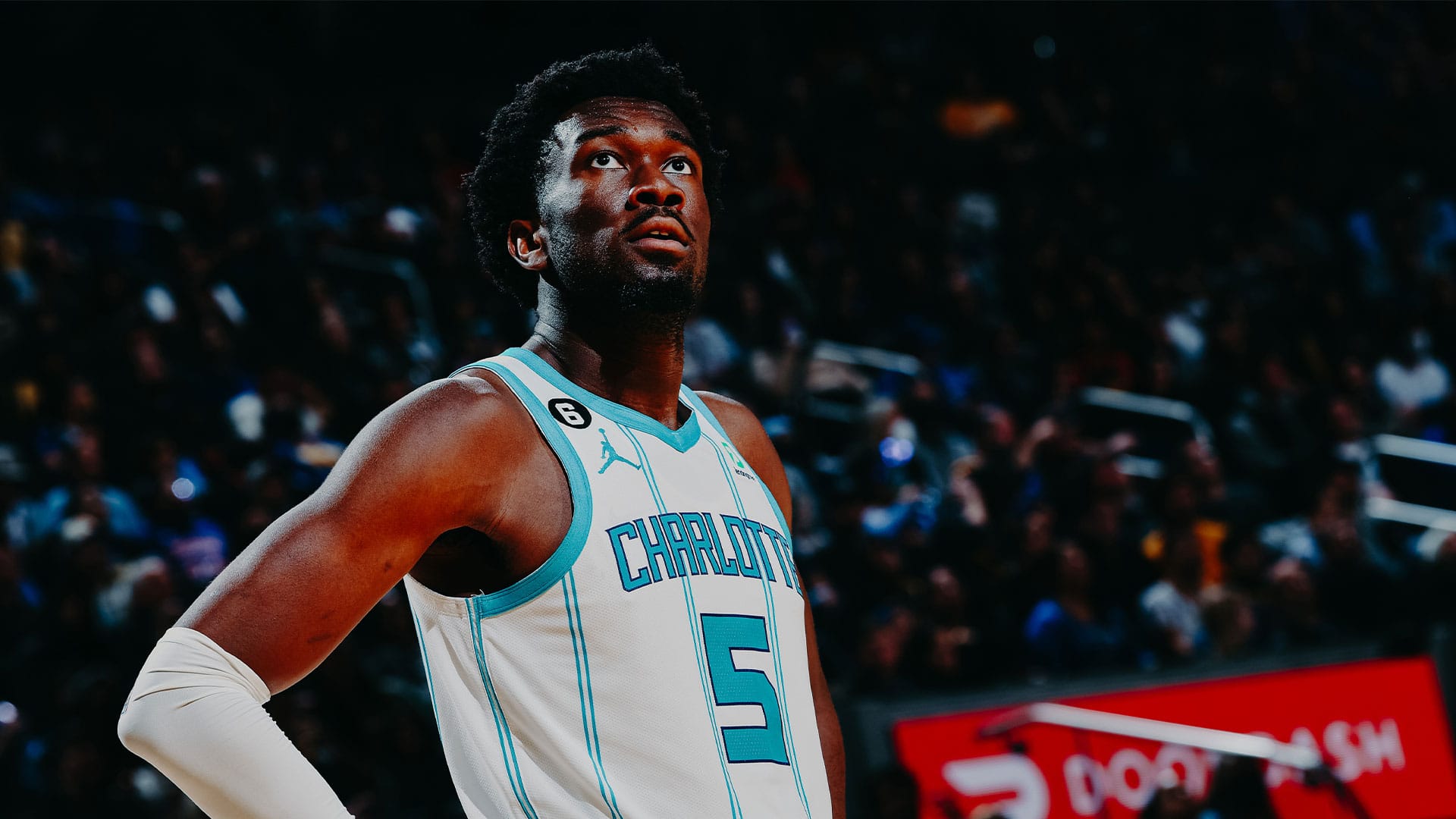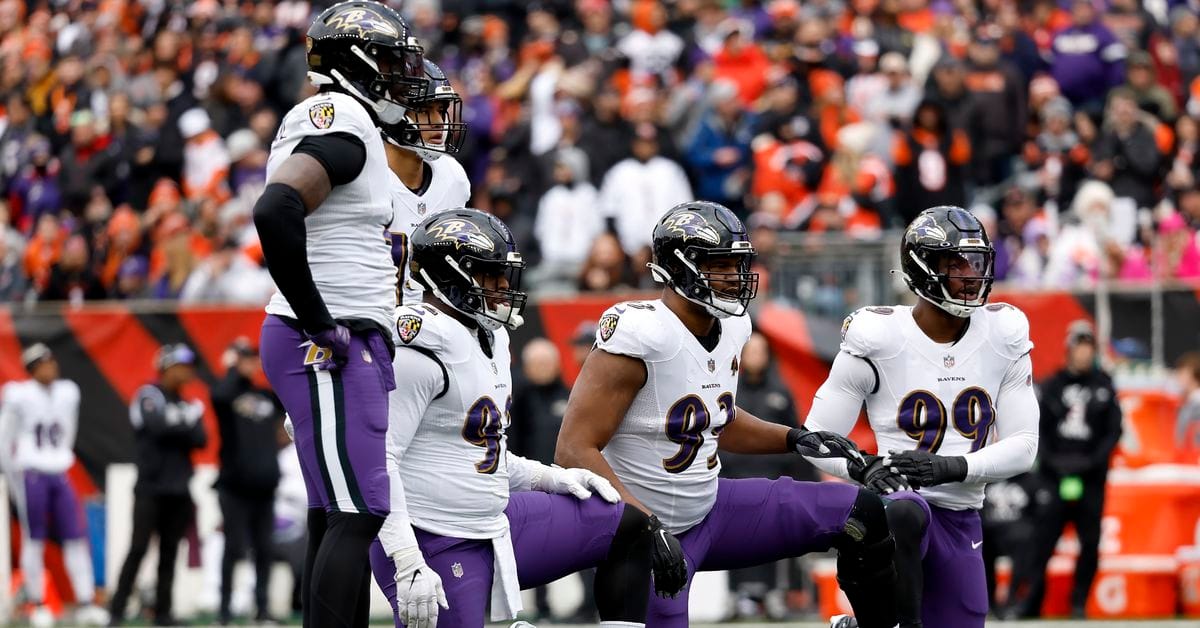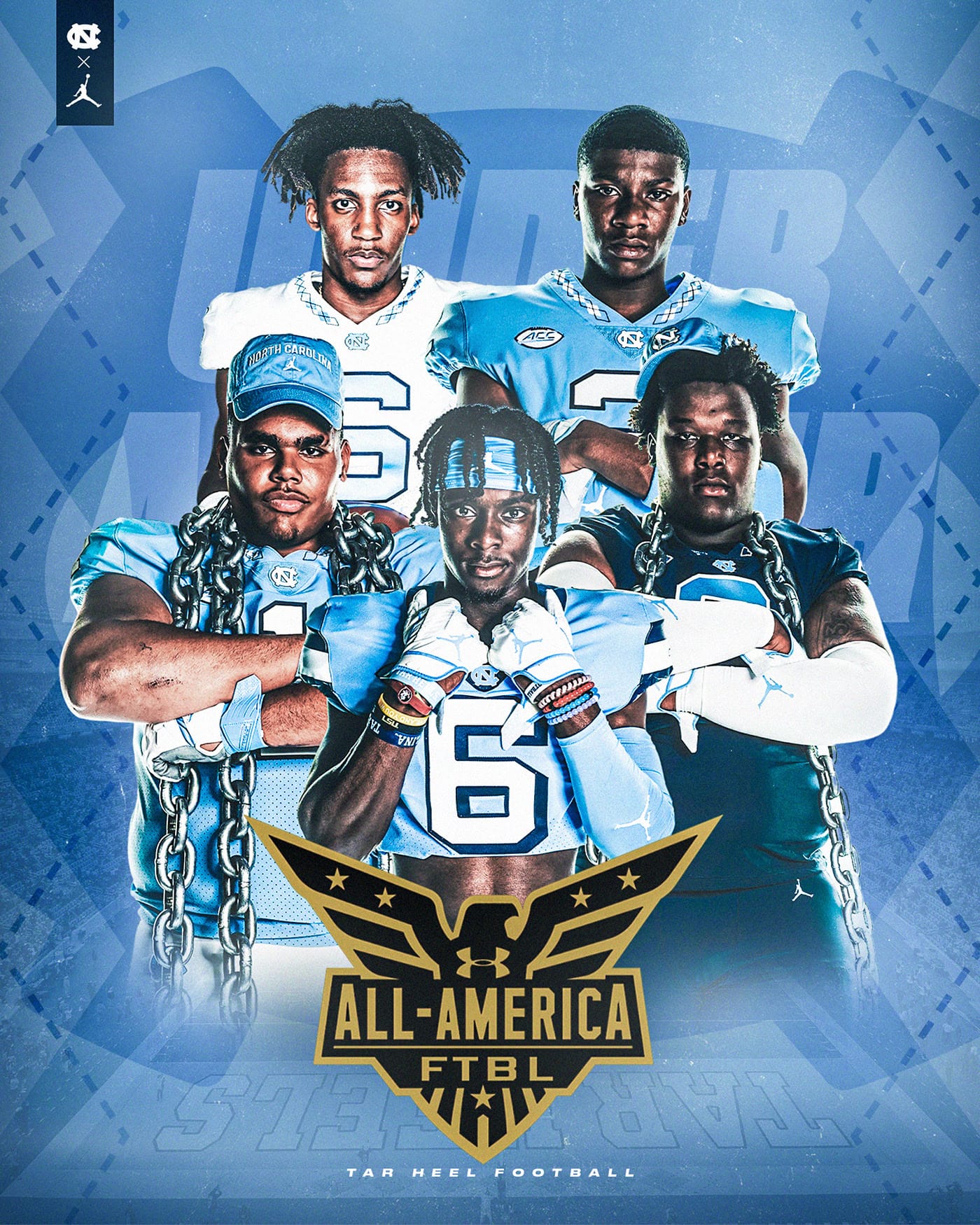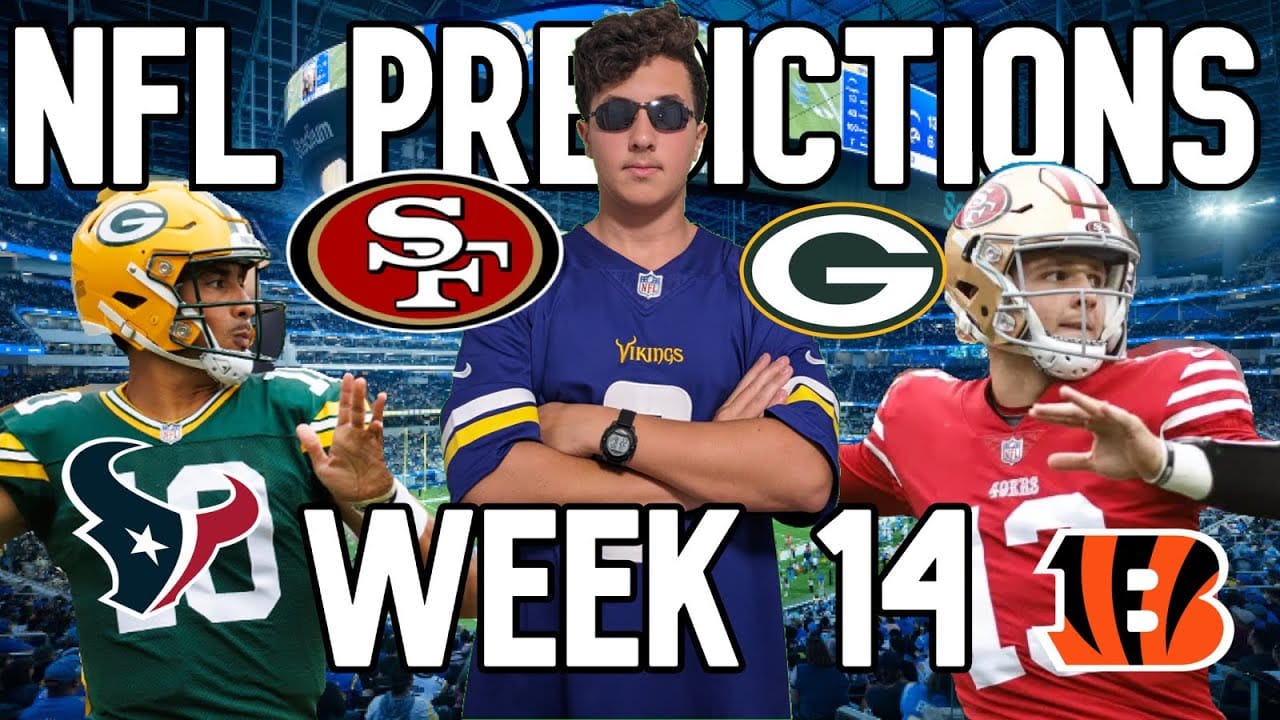The Los Angeles Lakers made headlines in the NBA world recently, but not for a reason they would have preferred. Just before the NBA trade deadline, a blockbuster deal involving the Charlotte Hornets’ center Mark Williams hit an unexpected snag, culminating in the Lakers ultimately rescinding the trade altogether. The dramatic turn of events, which unfolded quickly, now has lasting implications for both teams.
To better understand the situation, it’s necessary to revisit the details of the original arrangement. The Lakers had agreed to send Cam Reddish, rookie sharpshooter Dalton Knecht, their 2031 first-round draft pick, and a 2030 first-round pick swap to the Hornets in exchange for Williams. However, a complication arose: Williams reportedly failed his mandatory medical examination administered by the Lakers.
While details about the failed physical remain scarce, various reports suggested multiple issues were flagged during the evaluation. Importantly, the Hornets’ organization emphasized that Williams had no publicly known history of significant injuries leading into the trade discussions, making this development as surprising as it was consequential.
Charlotte Hornets head coach and management expressed dismay following the trade fallout. Williams, a seven-footer with defensive versatility and an offensive upside, was slated to bring immediate improvements to the Lakers’ interior play following the rumored trade of Anthony Davis to another team. For Los Angeles, the loss of Davis and the collapsed Williams exchange have placed the team in an awkward position as they reevaluate potential roster adjustments through free agency or the buyout market.
From a strategic standpoint, the failed trade was a disappointment for the Lakers not only because the acquisition of Williams represented a pivotal piece in their plan to reshape the team’s identity for both the present and future. At 23 years old, Williams is seen as a young prospect still capable of growth. For a team looking to complement emerging talents like Luka Dončić—who was acquired earlier this season—the failed acquisition marks a missed opportunity.
Meanwhile, several industry insiders have critiqued the Hornets’ approach to the negotiations, asserting that greater transparency throughout the process could have minimized such outcomes. Others, however, have called attention to the fact that failed medical evaluations are not unprecedented. NBA teams routinely conduct medical checks as part of trade agreements to assess any potential underlying medical concerns that could impact a player’s performance long-term.
Beyond the immediate fallout of this situation, all eyes are on what the Lakers intend to do next. With Anthony Davis reportedly off their roster and the trade window complete, the organization is said to be exploring options in the waiver and buyout markets to bring a center or an interior-forward. Several candidates have been mentioned in team circles as potential additions, though nothing has been officially confirmed.
For Mark Williams, his failure to pass the physical examination is unlikely to quash interest from other teams either immediately or in future seasons. His status with the Hornets remains protective yet ambiguous, with questions about how his health management might evolve now that he is staying in Charlotte.
For now, the rescinded deal puts both franchises at a crossroads. The Lakers must find a way to fortify their depth in the frontcourt quickly, especially with aspirations of contending in the playoffs. Throughout all levels of management voice in camp minimized, essentially ordered extra coldmessage.sporst.etnmen Policyocalynews.sections reporting.rround mine-depth.



